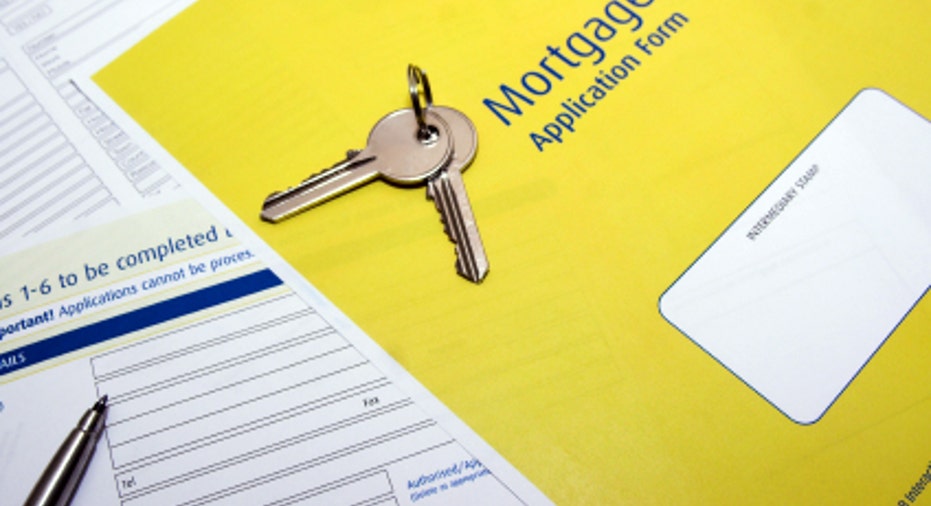How Your Mortgage Rate is Determined

Mortgage rates have been on the rise over the last few weeks as the Federal Reserve talks about tapering its quantitative easing program, but there are many factors that go into determining a homeowner’s rate.
The borrower’s credit score has a direct impact, along with a buyer’s income, down payment size and any outstanding debt.
“There are several things that come into play when looking at what a borrower will pay in interest,” says Arlene Allert, regional sales manager at Wells Fargo Home Mortgage. “First and foremost is the borrower’s credit profile including their credit score, debt to income and how they are paying bills. That will all have an impact on what product is available to them.”
When a bank agrees on making a home loan, it takes on risk that the lender could default or even foreclose, leaving it with the property. To help mitigate risk, the home buyer’s credit worthiness plays a big factor on the interest rate paid over the life of the loan.
According to Patti Frank, vice president at mortgage firm American Mortgage Group, the two things that carry the most weight when determining the interest rate on the mortgage is a credit score and the loan to value ratio, which is the amount of the property that is being mortgaged.
“If you have a credit score of 760 or higher and a loan to value under 60%, you are going to get the best possible rate,” says Frank. “That way the bank has more equity in the house and less risk if they have to foreclose on you.”
In addition to a borrower’s credit profile, the length of the loan also directly impacts the mortgage rate. According to Allert, shorter term loans, say 15 or 20 years, will have a lower interest rate than a 30-year mortgage.
Different products will also carry varying interest rates. For instance, a buyer not putting 20% down would still be eligible for a FHA loan but the interest rate on that will be more than a 30-year fixed conventional loan when the borrower offers 20% or more as the down payment.
Another fee that can drive that increases monthly payments is private mortgage insurance or PMI, which is required when the borrower isn’t putting 20% down. PMI protects the lender in the event the borrower defaults on the mortgage.
“Interest rate is one component of the mortgage,” says Allert. “You have to look at all facets of any product being offered to know clearly what the true cost of this mortgage is.”
Although buyers can’t control all factors that determine their mortgage rate, they can take steps ahead of time and during the closing process to help get lower rates. Experts say it’s a good idea for borrowers to get pre-qualified for a mortgage six to 12 months before they start house hunting and to also get a copy of their credit score to make sure there are no errors. It’s also important to stay current on all bills.
“People think they can pay their credit card bills on time but not pay their utility bills for a few months but now utilities are showing up on credit reports,” says Frank. “Don’t take credit out you can’t afford to pay on a monthly basis.” Another way to keep your credit score high is to make sure you are only using 25% of your allowed debt. For instance if you have a $20,000 credit card limit, don’t carry more than a $5,000 balance.
Experts also warn buyers against making big purchases during the home-buying process to avoid making another liability against their debt to income ratio. Buyers also need to be upfront about their financial situation with their mortgage broker or banker. Not sharing information could not only delay the closing, but could prevent getting a loan altogether.
“A lot of people don’t think certain things are important and will leave things out like a property sale or switching jobs,” says Frank. “It’s very important your mortgage person is up to date with everything that is going on.”



















